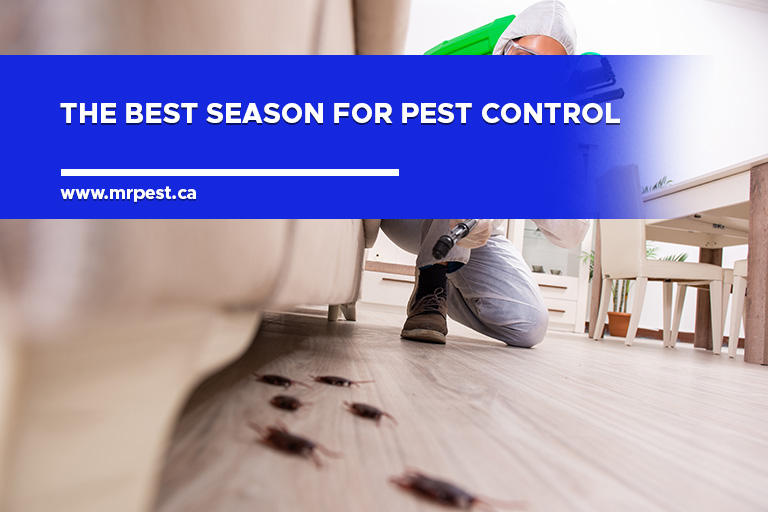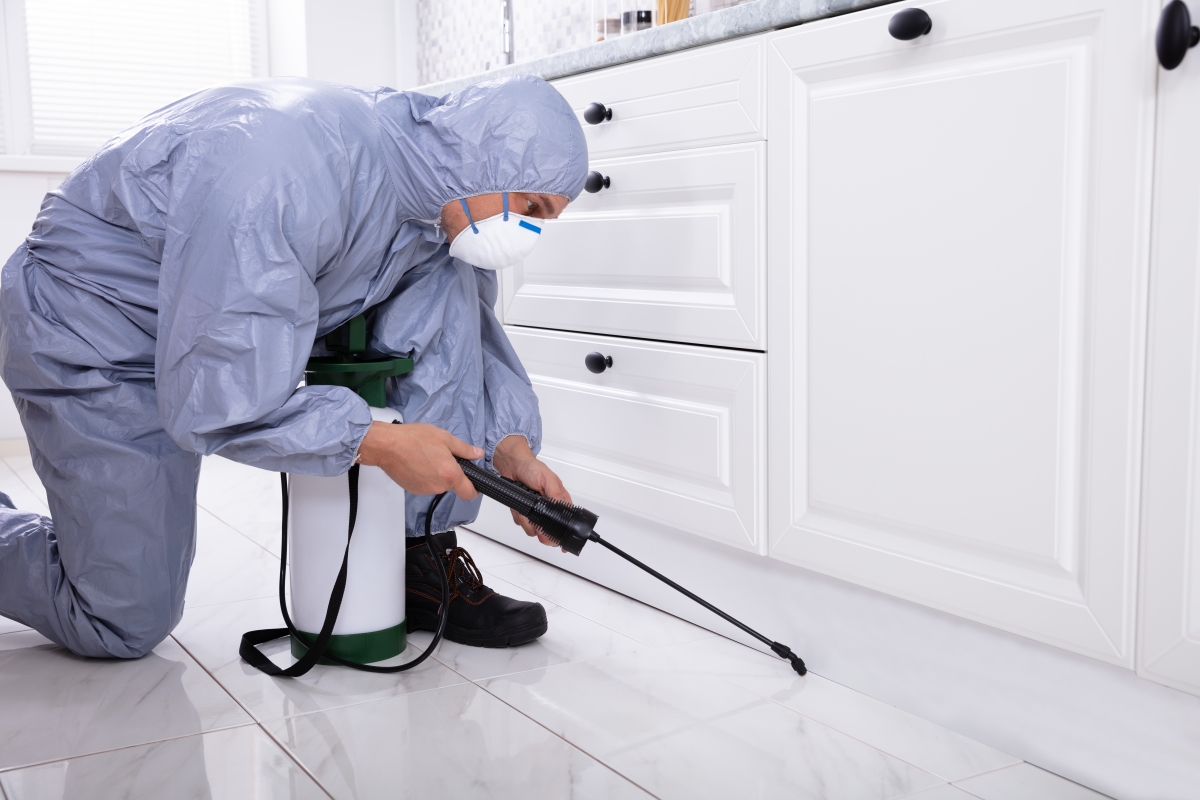Safe and Trusted Bug Control for Lasting Defense
Effective bug administration needs a complex strategy that balances environmental stability with the demand for efficient parasite reductions. The nuances of these techniques might not be promptly clear, prompting a closer exam of the practices that can lead to lasting parasite control results.
Comprehending Parasite Control Approaches
Pest control includes a variety of methods focused on handling and removing undesirable pests and rodents that can threaten both health and residential or commercial property. Comprehending these approaches is crucial for effective pest administration.
The key classifications of parasite control methods include mechanical, biological, and chemical approaches. Mechanical approaches include physical obstacles and traps to avoid bug entry and capture undesirable species. For instance, utilizing displays on windows or using sticky traps can substantially decrease parasite populations without introducing hazardous substances.

Chemical insect control is frequently one of the most identified technique, making use of chemicals to remove insects. These chemicals can be efficient however need to be utilized with caution to avoid unfavorable results on non-target types and the setting.
Advantages of Eco-Friendly Solutions
Exactly how can environmentally friendly options change bug control techniques? The fostering of eco-friendly bug control approaches provides countless advantages, dramatically enhancing the effectiveness and safety and security of pest administration.

Another advantage is the favorable influence on local biodiversity. Environmentally friendly services are made to target particular parasites while preserving helpful insects and wildlife, advertising a well balanced ecosystem. This strategy aligns with the expanding customer demand for sustainable practices, improving the track record of bug control companies.
Integrated Pest Management Methods
The implementation of environment-friendly remedies normally brings about the fostering of Integrated Bug Monitoring (IPM) methods, which additionally improve parasite control efficacy. IPM is an all natural method that combines multiple tactics to take care of bug populaces while decreasing ecological influence. This technique stresses using biological, cultural, mechanical, and chemical controls, making certain a sustainable and balanced technique of pest administration.
One basic facet of IPM is the detailed assessment of insect task and environmental problems. By monitoring insect populations and determining their life cycles, specialists can execute targeted treatments that interfere with the bug's habitat or lifecycle, reducing dependence on chemical pesticides. In addition, cultural methods such as plant rotation and habitat adjustment can dramatically diminish pest facility and reproduction.
An additional critical element is the use of organic control representatives, such as useful insects or bacteria, which can normally subdue insect populaces. When chemical applications are essential, IPM focuses on making use of low-risk pesticides and uses them selectively, decreasing direct exposure to non-target organisms and people.
Including IPM strategies not only boosts bug control efficiency but additionally promotes a much safer community, straightening with the expanding need for sustainable methods in pest administration.
Safe Practices for Property Owners
Comprehending the value of risk-free techniques in pest control can empower home owners to successfully manage pest concerns while protecting their health and wellness and the atmosphere. Executing preventive steps and non-toxic methods is important in minimizing exposure to unsafe chemicals.
Home owners should initially analyze their environment for problems that attract pests, such as standing water, food, and clutter pest abatement waste. Frequently cleansing and securing entrance factors can hinder insects from getting into the home. Utilizing all-natural deterrents, such as important oils or diatomaceous planet, can give efficient choices to chemical pesticides.
When chemical treatments are necessary, homeowners must choose products that are particularly labeled as safe for residential use. It is crucial to these details comply with application standards carefully to avoid overexposure. In addition, using targeted therapies in locations where pests are recognized, rather than blanket spraying, can significantly minimize chemical usage.
Lastly, keeping open communication with bug control experts is essential. Homeowners ought to ask about the safety and security of items used and demand environment-friendly choices whenever feasible. By taking on these secure techniques, homeowners can develop a healthier living environment while properly handling bug problems.

Tips for Long-Term Defense
Developing a parasite administration approach that stresses long-lasting protection can greatly enhance the performance of the risk-free methods previously gone over. To achieve this, property owners need to execute routine evaluations of their property, concentrating on concealed locations such as attic rooms, cellars, and crawl rooms. Early discovery of pest task is vital in preventing problems from taking hold.
These techniques reduce attractants that draw bugs right into the home. Securing access factors, such as cracks around windows and doors, can efficiently obstruct possible bug accessibility.
Landscaping needs to additionally be taken into consideration; maintaining plants trimmed and maintaining a distance between plant life and the home decreases hiding areas for pests. Utilizing all-natural deterrents, such as necessary oils or diatomaceous planet, can further dissuade problems without turning to severe chemicals.
Finally, teaming up with an expert bug control solution for periodic evaluations can give an additional layer of security. These specialists can supply tailored referrals and advanced treatments, making certain that your home stays protected versus insects in the lengthy term.
Verdict
To conclude, trusted and risk-free insect control needs a diverse technique that emphasizes environmentally friendly approaches and incorporated insect administration. By carrying out all-natural deterrents, performing routine inspections, and keeping correct hygiene, building owners can significantly reduce insect populaces while protecting advantageous insects and the atmosphere. Partnership with professional bug control solutions enhances the efficiency of these methods, making sure tailored services that supply enduring security and assurance against future problems.
Effective pest management requires a diverse strategy that stabilizes eco-friendly stability with the need for reliable insect reductions. The fostering of green pest control methods supplies numerous benefits, dramatically enhancing the effectiveness and safety and security of parasite management.The implementation of environmentally friendly options naturally leads to the adoption of Integrated Parasite Administration (IPM) techniques, which better boost parasite control efficiency. exterminator coquitlam. By click here now checking insect populations and recognizing their life cycles, professionals can execute targeted treatments that interrupt the parasite's environment or lifecycle, minimizing dependence on chemical pesticides.In final thought, reputable and safe bug control needs a multifaceted strategy that emphasizes eco-friendly methods and integrated bug monitoring